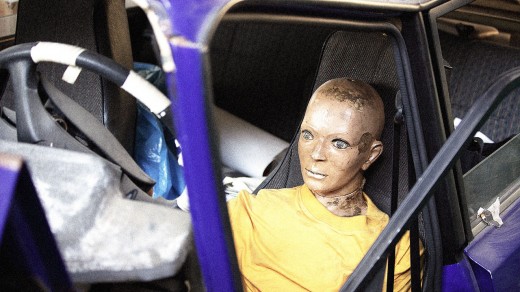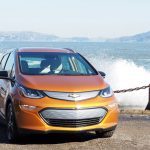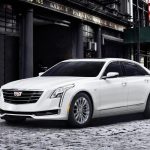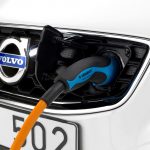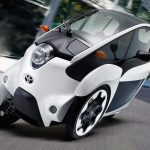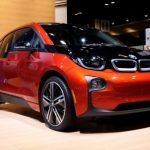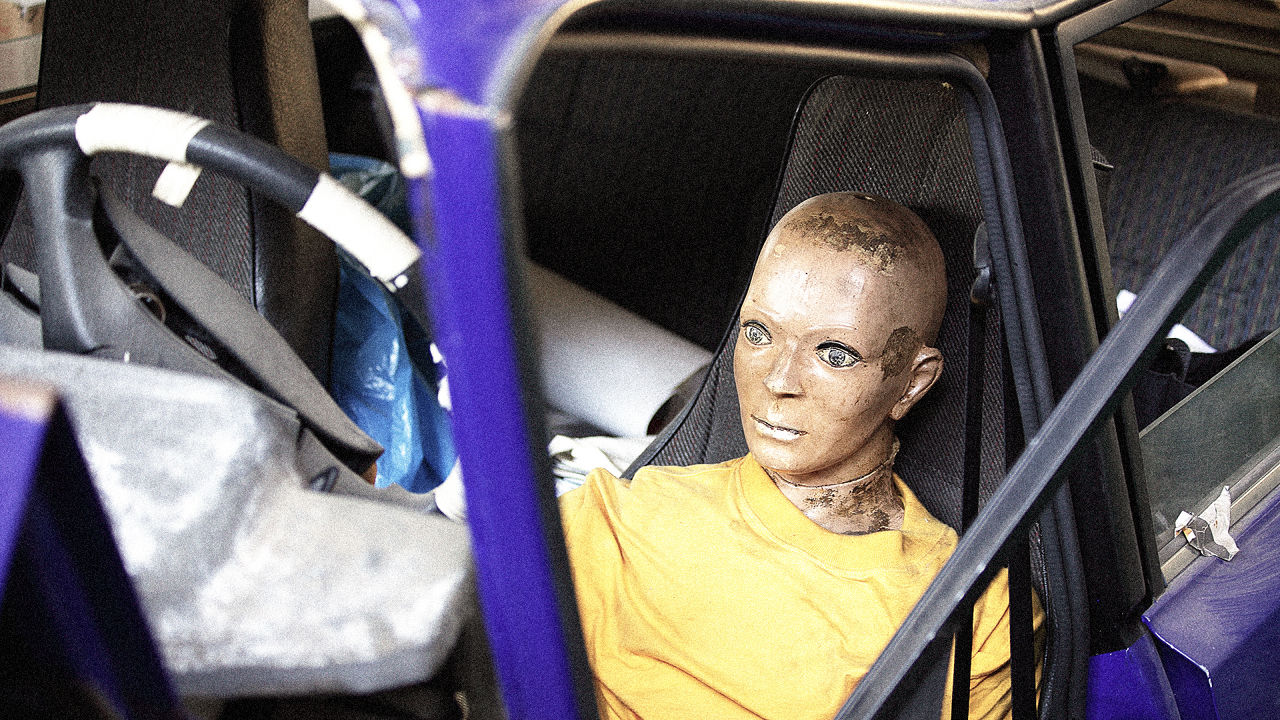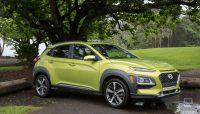6 Ways Autonomous Cars Could Change Everything
Autonomous cars could also have all sorts of unanticipated effects, like reversing urbanization and putting an end to parking.
Editor: Morgan Clendaniel
Given how central driving is to our lives, there will be a big adjustment when computers do the work for us. Self-driving will bring more convenience, but it could mean something more: a fundamental shift in how we organize our days, how we get around cities, and where we live.
A new report from Sparks & Honey, a future-focused New York agency, looks at some implications that go beyond the immediately obvious. Here are six ideas that CEO Terry Young and chief cultural strategy officer Sarah DaVanzo picked out (yes, some companies really have chief cultural strategy officers).
Reverse urbanization
The last few decades has seen a swing towards cities, both out of necessity (we’re running out of space) and because of choice (people are rediscovering the pleasures of downtown). Could self-driving reverse that trend? The report suggests the idea, mostly because commuting may not be the drag it is today. When people can watch TV while they’re moving along, they may be more willing to put up with more time in the car in exchange for breathing fresher air in the countryside.
The end of parking
Cities currently have to provide lots of parking spaces when people drive in and into cities. But what happens when cars park themselves? “If the car can drive outside of town, it may not be using valuable space in the city,” says DaVanzo. “All of a sudden, this space that’s been dedicated for parking could be repurposed. We feel it could be given back to the people and made into parkland.”
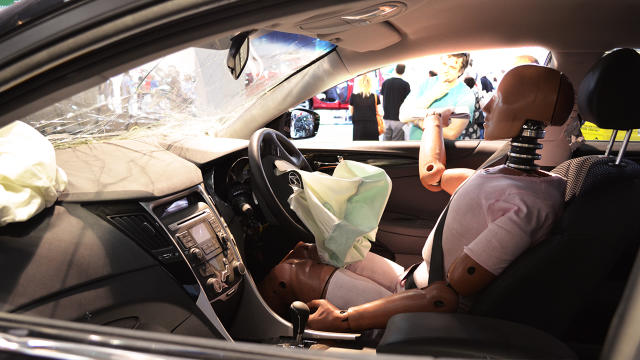
Cars as third places
In the 1990s, commentators started talking about the “third place” after our homes and workplaces. (More recently, retail stores have been described as third places too). The report sees cars taking on a similar role. In turn, cars will go from being functional vehicles to get from A to B, to places where we have sex, take drugs, and educate ourselves. The report sees kids using car windows impregnated with augmented reality technology to learn about the world outside (because it automatically recognizes objects outside).
The modular car
Modular design is seeping into all industries–see the latest Lego-like smartphones. Are cars next? Cars could be fitted out with modular interiors we can swap in and out. “We’re going to want different experiences at different times–a mobile office, in-car entertainment, an environment for the kids,” Young says. “The concepts of modularity and the third space completely shift the way companies can think about the role cars play in our lives.”
Car sharing
Autonomous cars will amp up opportunities for sharing. “Self-driving cars increase the amount of sharing that can happen in the collaborative economy, because the cars can do the sharing on their own,” Terry says. That could cut the cars in circulation and reduce pollution and congestion. One MIT study showed how Singapore could be served with just 300,000 shared cars.
Future jobs
The report sketches out 10 possible jobs that could be created by the autonomous car revolution. These include “ethical programmers” who set car algorithms (they would need to be ethical, because, in an emergency situation, cars would have to “decide” between hitting one car and avoiding another). Another job might be “pave & paint pros” who put lines on the road to help cars self-direct themselves. “All of a sudden road construction becomes elevated to something that’s much more technically advanced,” says DaVanzo.
The full report is here.
[Top photo: Offline via Shutterstock]
![]()
(167)

